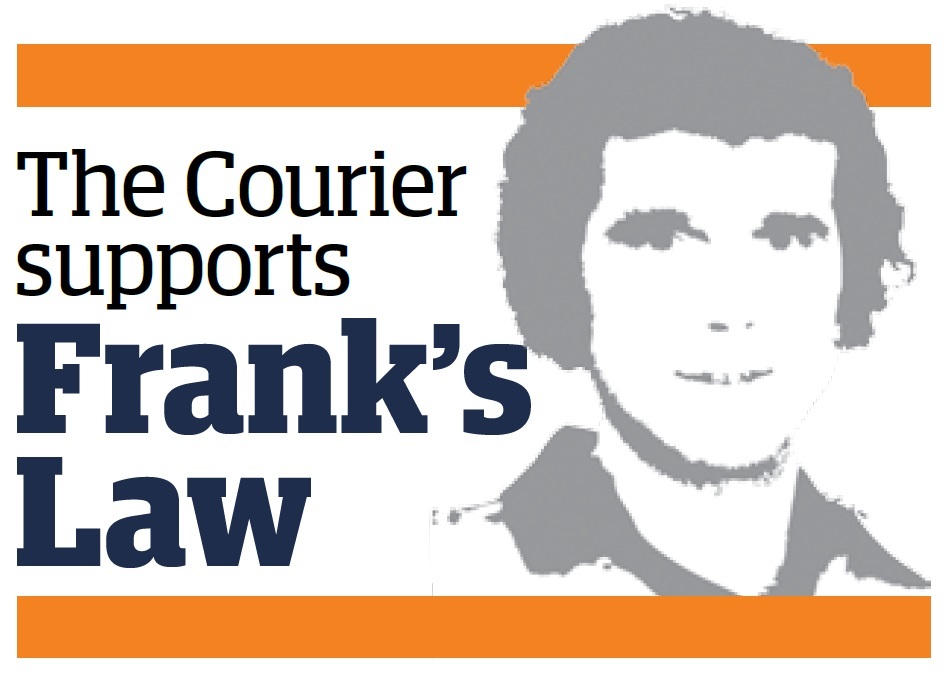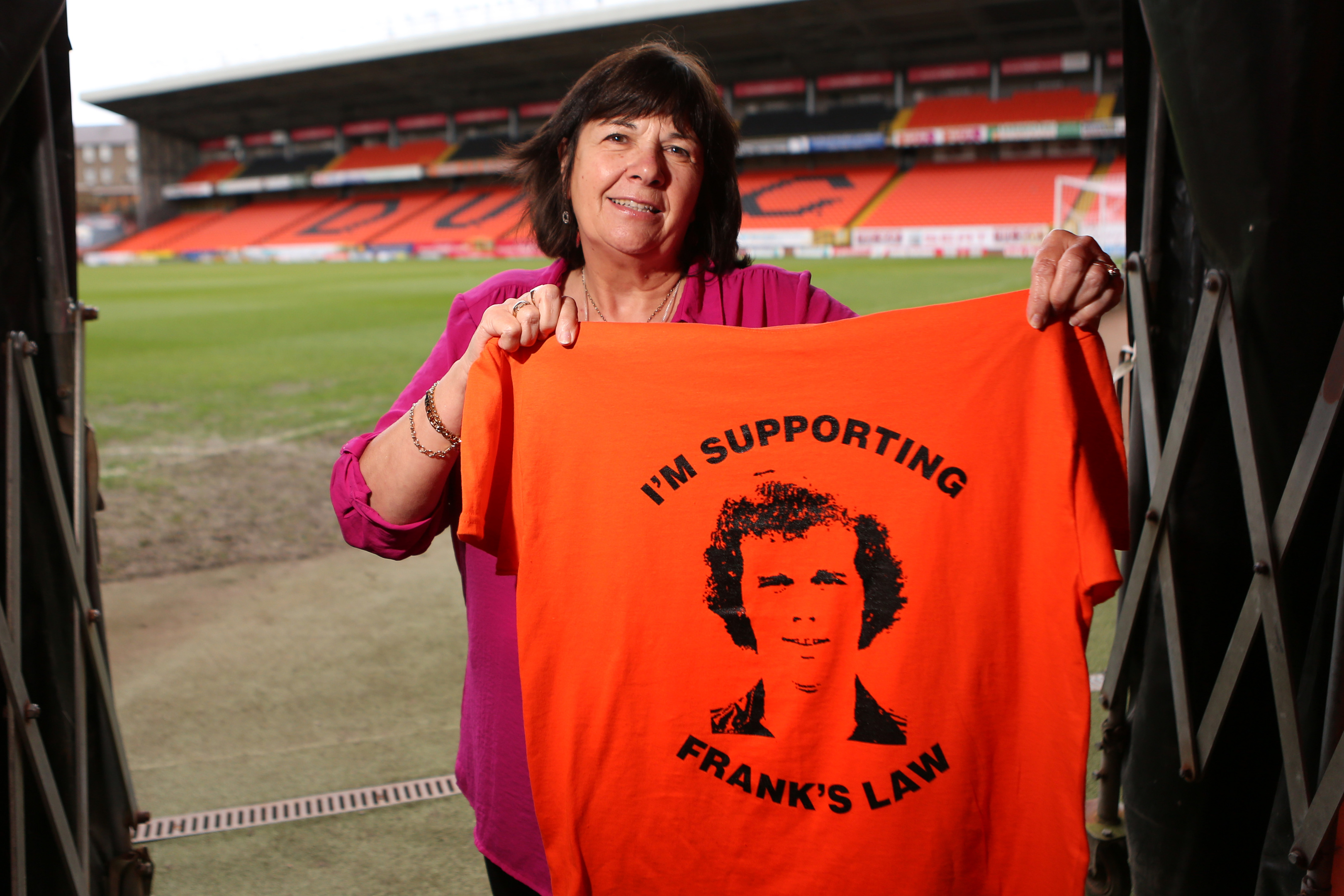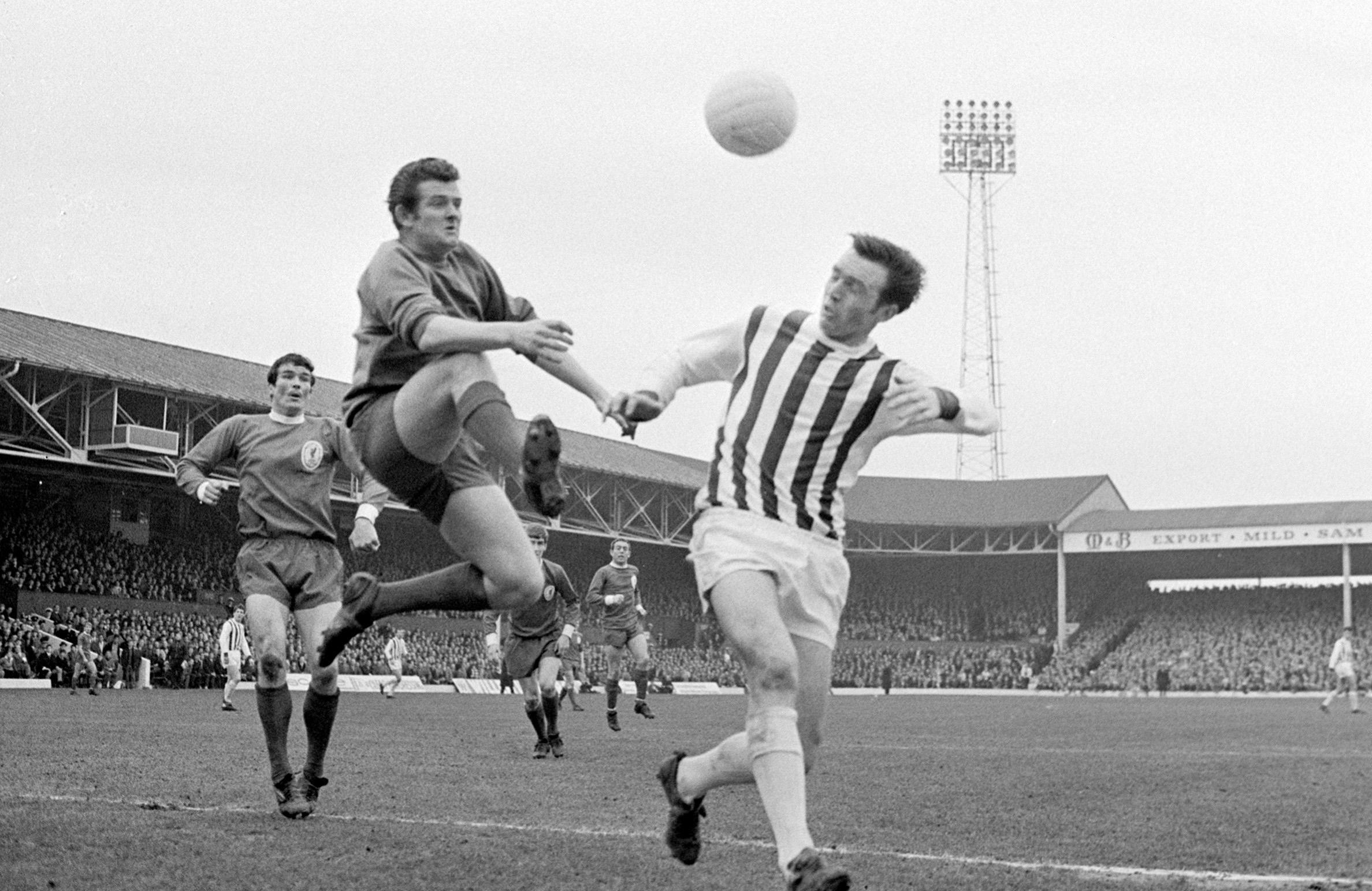Scotland’s FA should follow their English counterparts and investigate a potential link between heading the ball and developing brain illnesses later in life, Amanda Kopel has said.
The tireless campaigner for Frank’s Law, which seeks to close the loophole whereby people under-65 have to pay for their care while suffering from the likes of dementia, watched the illness ravage her husband.
Frank Kopel made his name as a full-back for Dundee United so would have felt the clatter of a ball on his skull several times almost every day of his career.
He died just days after his 65th birthday, having lived with the disease from the age of 59. The Kopel family paid hundreds of pounds each week for his care at home.
The Football Association has been in talks with the Professional Footballers’ Association about funding research into the issue since 2014 but has now committed to leading a British-based effort to find out if there is a link between the action and illnesses.
Efforts had been made to involve FIFA, such was the belief that such an investigation needed an international approach, but with the world governing body seemingly distracted and growing criticism of the FA’s apparent inaction, the national governing body has decided to press on with domestic partners.

Kirriemuir-based Amanda wants the Scottish FA to follow suit.
She said: “It’s not just a coincidence that all these footballers are being diagnosed and losing their lives to dementia.
“The SFA are sitting on the fence. What are they afraid of? Are they frightened they are going to be sued for loss of life?
“Somebody handing me £5 million tomorrow won’t bring Frankie back. It’s about protecting the kids for the future.”
The SFA was asked to comment but has not yet responded.
Brain disease and football began being linked down south when former England and West Brom striker Jeff Astle died of a degenerative brain disease in 2002, aged 59.
A coroner described his illness as an “industrial disease”, a clear reference to his forte of heading the ball.
Dawn Astle, Jeff’s daughter who has been in close contact with Amanda, has been campaigning for more research into the matter.
A spokesman for the FA said the body will continue to work with FIFA to find “widely applicable” answers to whether playing football is linked to dementia but said it has now been agreed that “solely UK-based research” may be the best and quickest approach.











